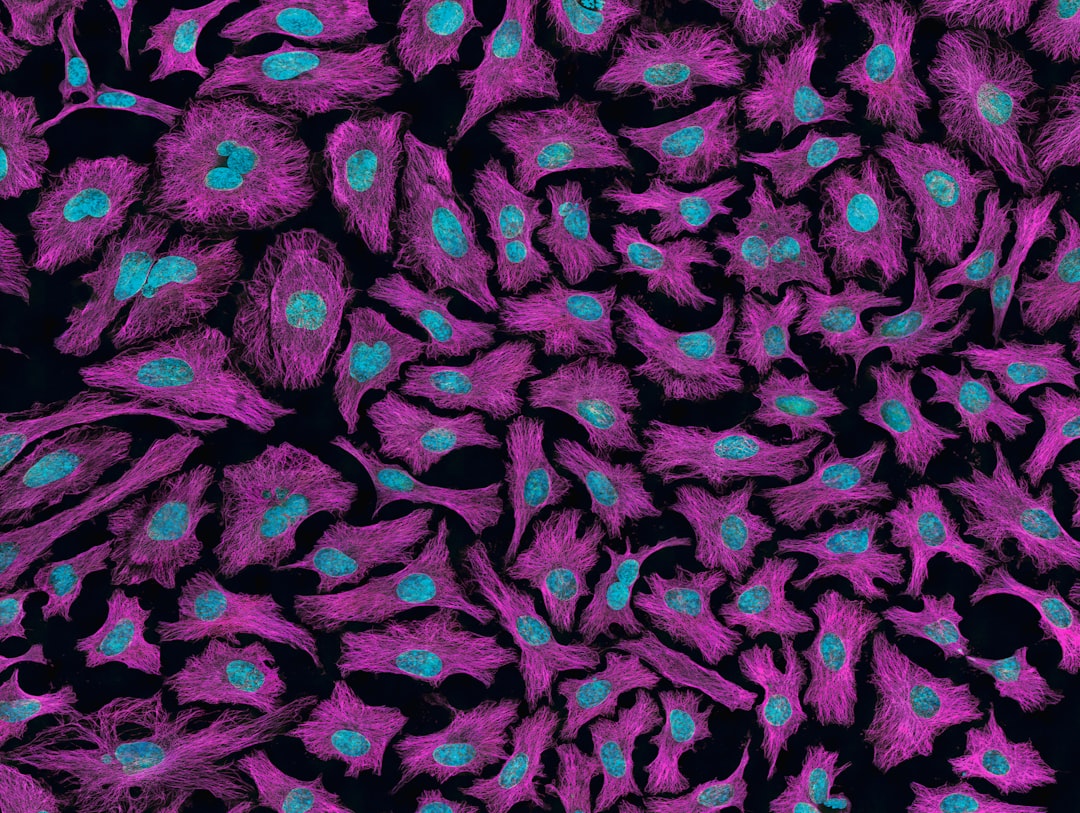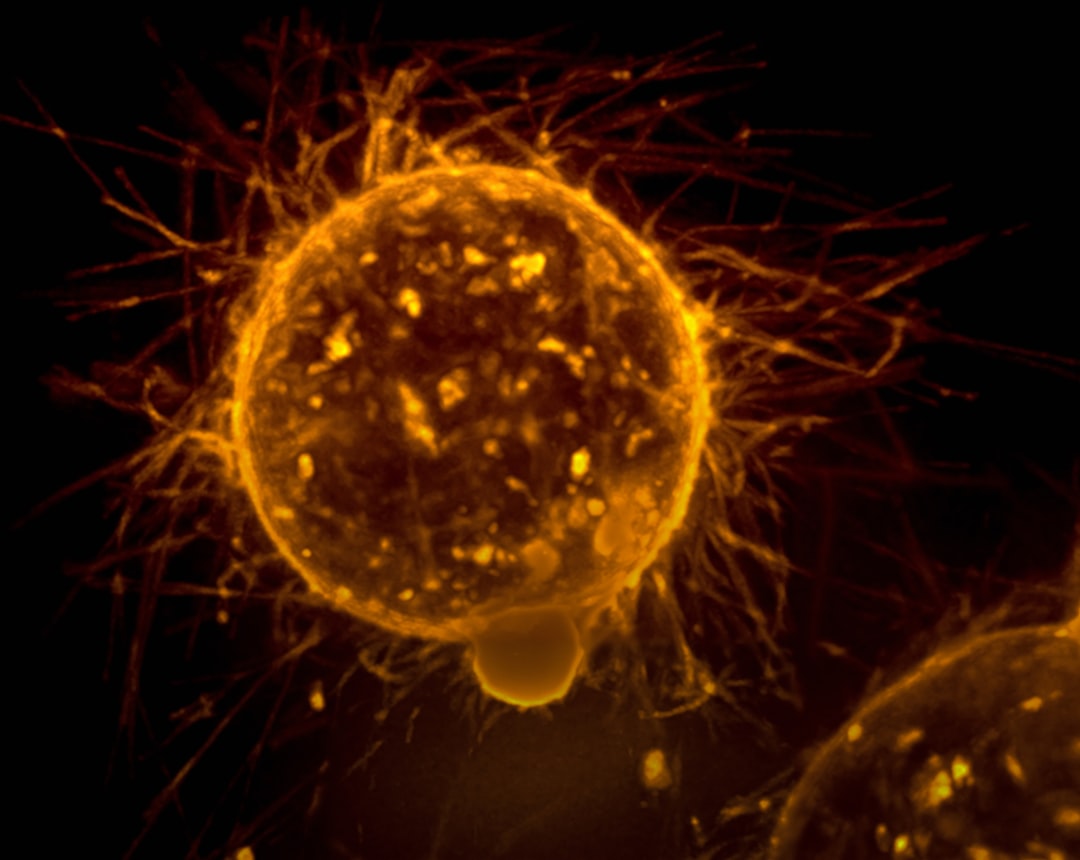What is it about?
We evaluated the relationship between polymorphisms in the glutathione S-transferases (GSTs) GSTM1, GSTT1 and GSTP1 genes and prostate cancer (PCa). PCR-restriction fragment length polymorphism assay was used to genotype the GSTM1, GSTT1, and GSTP1 polymorphisms in 168 PCa cases and 336 frequency matched controls.
Featured Image

Photo by Quino Al on Unsplash
Why is it important?
Prostate cancer (PCa) is the most common malignancy among men in industrialized countries and with a worldwide incidence of 25.3 per 100 000, PCa is the second most common cancer in men.1 In contrast to other Asian populations, with a detection rate of 3.6–3.8%, the incidence of PCa in Iran is quite high.4,5 It is well documented that genetic factors may account for as much as 42% of the PCa risk.6 There are no consistent patterns of single chromosomal abnormalities in PCa; instead, the entire genome is apparently involved in prostatic carcinogenesis.
Perspectives
The GSTP1 genotype seemed to have the strongest impact on prostate carcinogenesis. Individual variations in the ability to detoxify environmental chemicals by GST enzymes due to functional polymorphisms may contribute to differences in PCa prevalence and incidence. These findings may have clinical implications, and further studies are warranted.
Dr Mohammad Reza Safarinejad
University of Medical Sceices
Read the Original
This page is a summary of: Glutathione S-transferase gene polymorphisms (GSTM1, GSTT1, GSTP1) and prostate cancer: a case-control study in Tehran, Iran, Prostate Cancer and Prostatic Diseases, January 2011, Springer Science + Business Media,
DOI: 10.1038/pcan.2010.54.
You can read the full text:
Resources
Contributors
The following have contributed to this page










